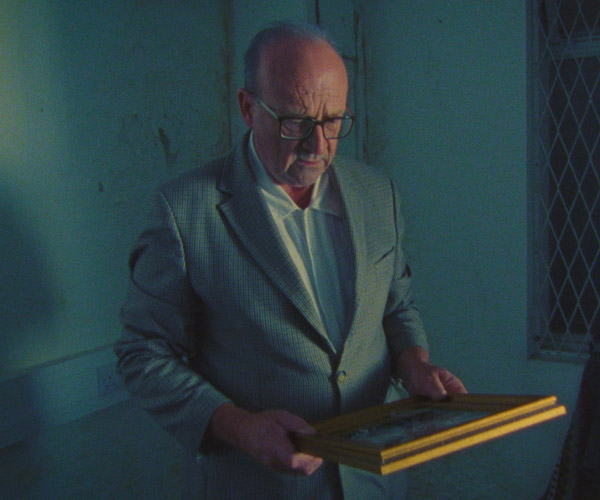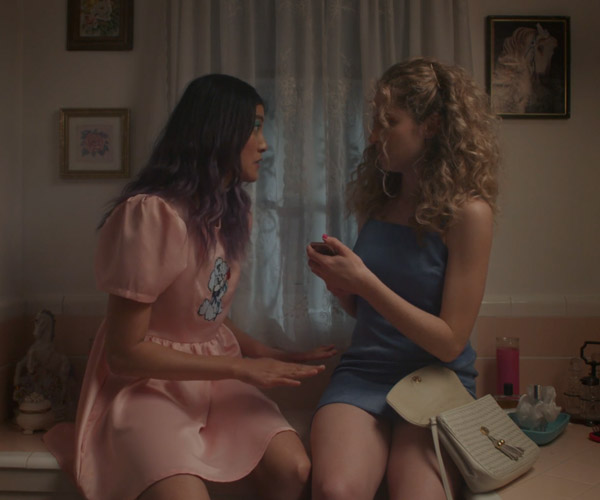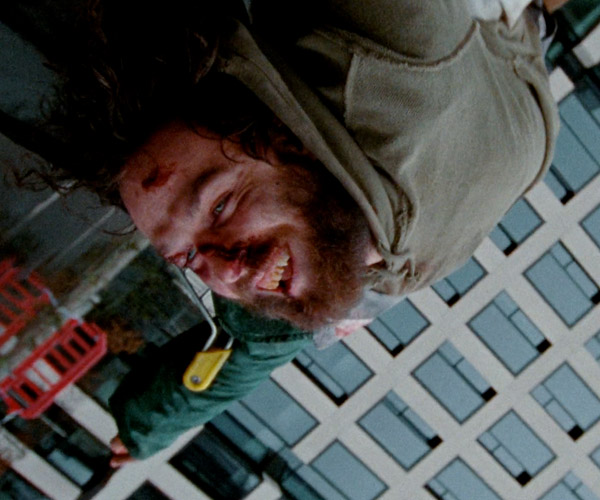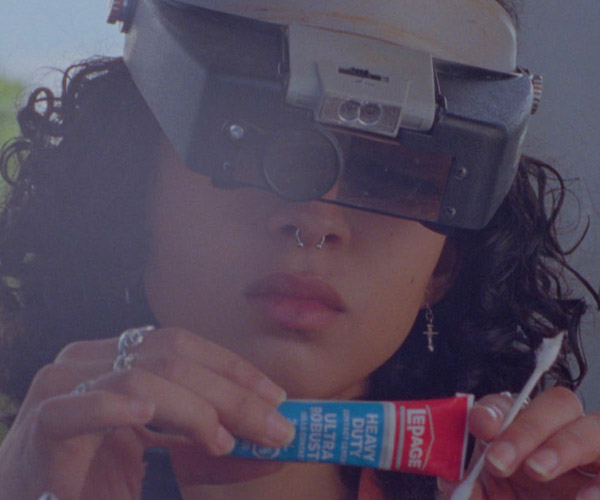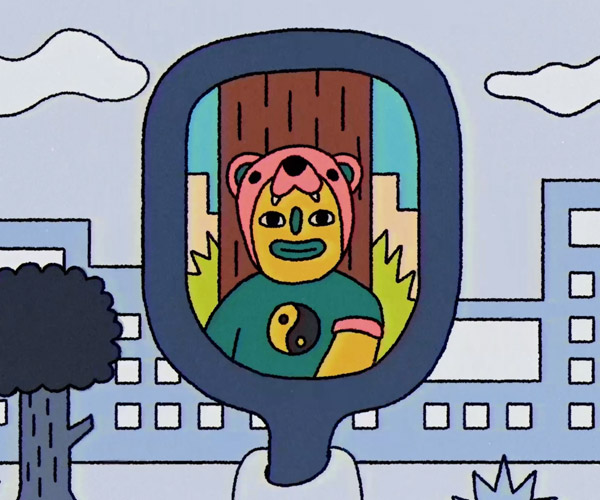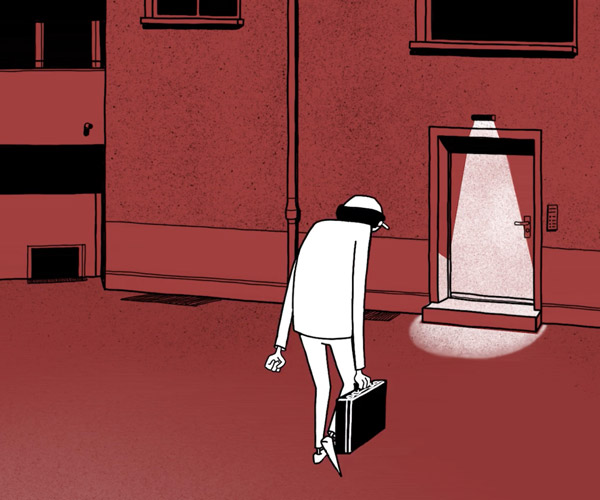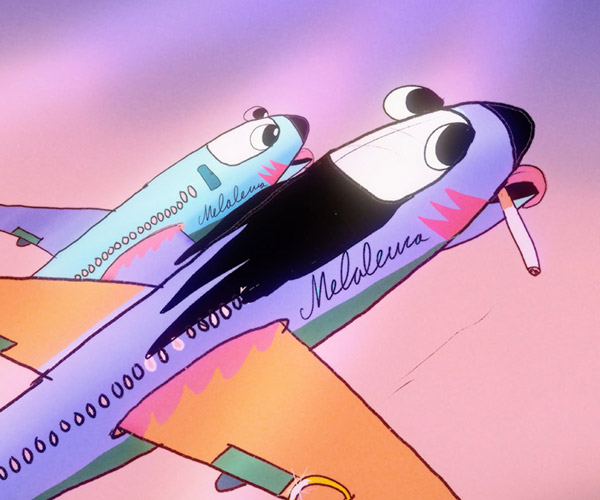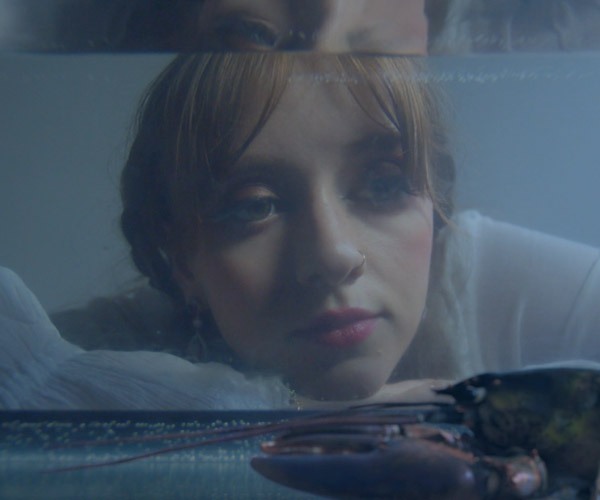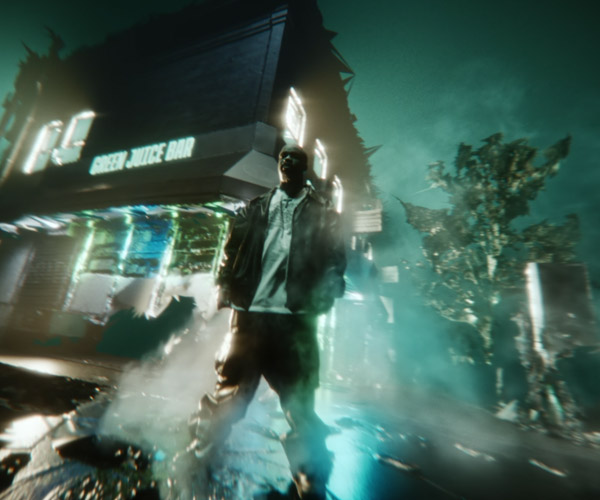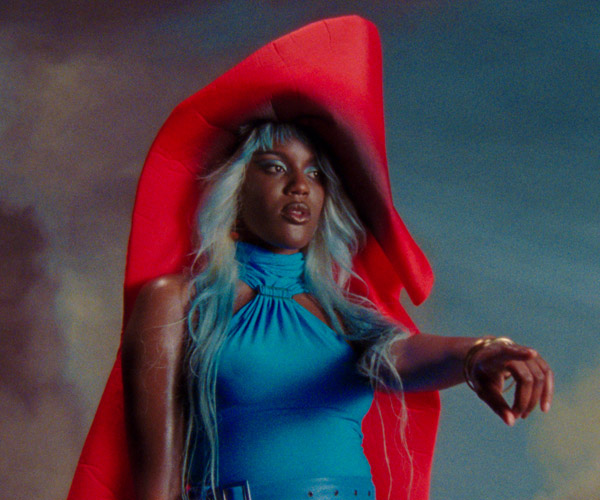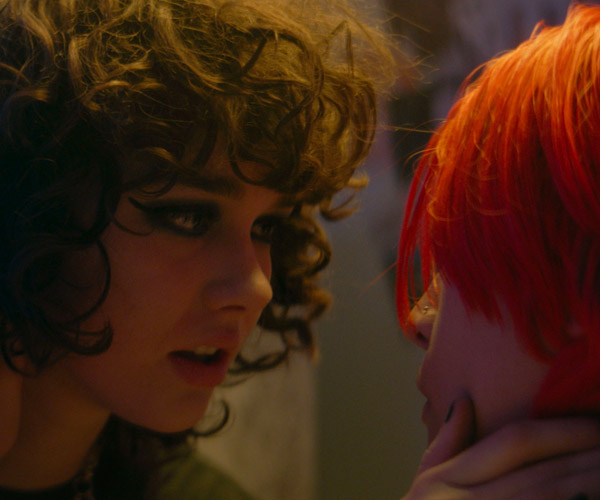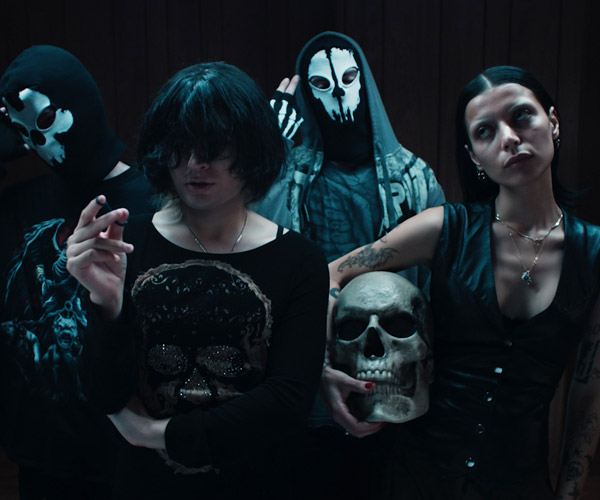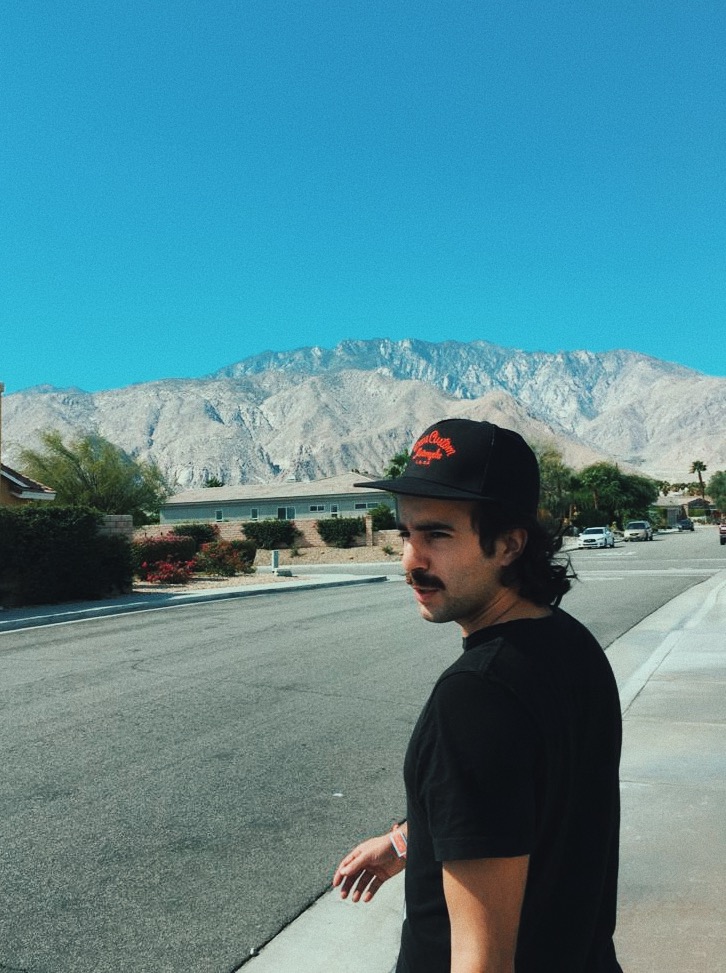
Daniel Soares is a director and photographer from Brooklyn, New York. His unforgettable film, “Forgotten,” chronicles the obscure sport of Jai Alai and was our pick for Best Short Doc of 2019! (Click here for our full list or here to check out more of his previously featured work). Daniel was kind enough to answer some of our questions about his approach to filmmaking and how this particular project came together. Read our full interview with Daniel below!
Jeff Hamada: What is it about documentary filmmaking that excites you?
Daniel Soares: I love the process of discovering the story as you go. It’s exciting. You learn so much about others, different lives, and yourself. You might have a pre-established idea of what the story is but need to keep an open mind to let the story tell you what it really is. I’m very intrigued by real life and people you don’t often see on screens.
‘Totally Free’ directed by Daniel Soares
JH: What happens after you think you’ve found a great documentary subject? How do you figure out if you actually have something that could be a film or not?
DS: Usually everything starts with me going: “Fuck. This is so good. I gotta make a film about it.” Sometimes it’s a subject, sometimes it’s a thing they do, other times it’s a place. Then I go spend time there to observe if there is a deeper story and if it’s interesting from a cinematic point of view. Because if it’s not, maybe a different medium might be more appropriate to tell the story.
Fundamentally the story needs to appeal to me visually.
JH: How would you describe your aesthetic? And who are some of the people who’ve influenced it?
DS: That’s a hard question because it’s always evolving I’d like to think. I love big cinematic images about little everyday things. For influences filmmakers like Abbas Kiarostami, the Dardenne Brothers and Andrea Arnold come to mind. But the biggest inspiration is walking on the streets and observing people.
JH: As a photographer yourself, how is it directing things and not being the one holding the camera?
DS: I’m very picky when it comes to choosing a cinematographer and only work with someone I admire. And then I usually like to make it very collaborative, so there is a reason for her/him to be there.
A lot of my work uses long takes, in that case I like to frame the shots together with the cinematographer. When it’s a more handheld or moving approach, then obviously I can’t be framing everything, but like I said, the cinematographers I have been working with are also my friends, very talented friends, so it’s always fun.
These collaborations are one of my favourite things about filmmaking.
‘The Normal People’ directed by Daniel Soares
JH: What are some of your all time favourite films?
DS: “Kid with a Bike” by the Dardenne Brothers, the ‘Paradise’ trilogy by Ulrich Seidl, “Fish Tank” by Andrea Armold. These are a few of the movies that left a mark long time after watching them. A documentary I recently saw that I really liked was ‘Chinese Portrait’ by Wang Xiaoshuai. But the list could change depending on the day.
JH: How did “Forgotten” come about? How did you find Tevin?
DS: I was working on another project with Alvaro, the editor of this piece and he told me about Jai Alai. I had never heard about this sport before. Then I decided to go to Miami and tried to meet the people, it was really hard for them to open up, because of the tension they have with the casinos.
Many players didn’t want to get filmed at first. So I was on the fence of doing this film, but then I met Tevin and all came together. This whole idea of playing a sport and being one of the best in the world, despite nobody caring about it, was something that kept fascinating me. I have a hard time with many Hollywood movies because life just isn’t like that. You don’t just overcome all these gigantic struggles and end on top. Life is more nuanced than that. Tevin’s life is more nuanced than that. So very soon this film became about a very universal human feeling. With Jai Alai more as a backdrop.
‘Forgotten’ directed by Daniel Soares
JH: Can you talk a bit about achieving the right tone for the film? I would imagine small changes in the edit meant the difference between something feeling beautifully melancholic or just depressing.
DS: There is both in the film. The whole place and situation has a depressing feeling to it. I didn’t try to hide the more depressing world of Jai Alai. I think what holds it together is humanity. The edit is obviously one of the key parts to it.
You re-write the film in the edit, especially with documentaries.
JH: What was Tevin’s reaction to the finished film?
DS: When I first sent him the link to the film I didn’t hear back for weeks. I got worried, because it was premiering at festivals, and in my mind, I thought he didn’t like it. I portrayed him like I saw him, vulnerable and not like this big heroic protagonist. I thought he disliked it for those reasons.
But after some time, right before the Santa Barbara Film Festival I sent him the film again, and he told me he had lost his phone, but this time he had seen it and his words were: “Great job on the Clip, Dan.”
You don’t do these films for the protagonist to like or anything but it did feel good that he approved the ‘clip’.
JH: Obviously the film is about a very specific sport, but it also speaks to the idea of art in general and to what extent an audience matters when it comes to doing what you love. Which begs the question, if no one watched your films would you continue to make them?
Great question. It’s nice when you have an audience. I’m not going to lie. Ultimately every person likes to hear that their work is of relevance to another human being. But, we wake up and we go to bed every day and in between we gotta find something that brings us joy and stick to it. If we achieve that, we won.
JH: What’s next for you?
DS: I’m currently in pre-production of a narrative film I’m about to shoot in the village of my grandfather in Portugal. It involves pigs. And writing another story that plays on a junk yard.



 Share
Share
 Tweet
Tweet
 Email
Email
